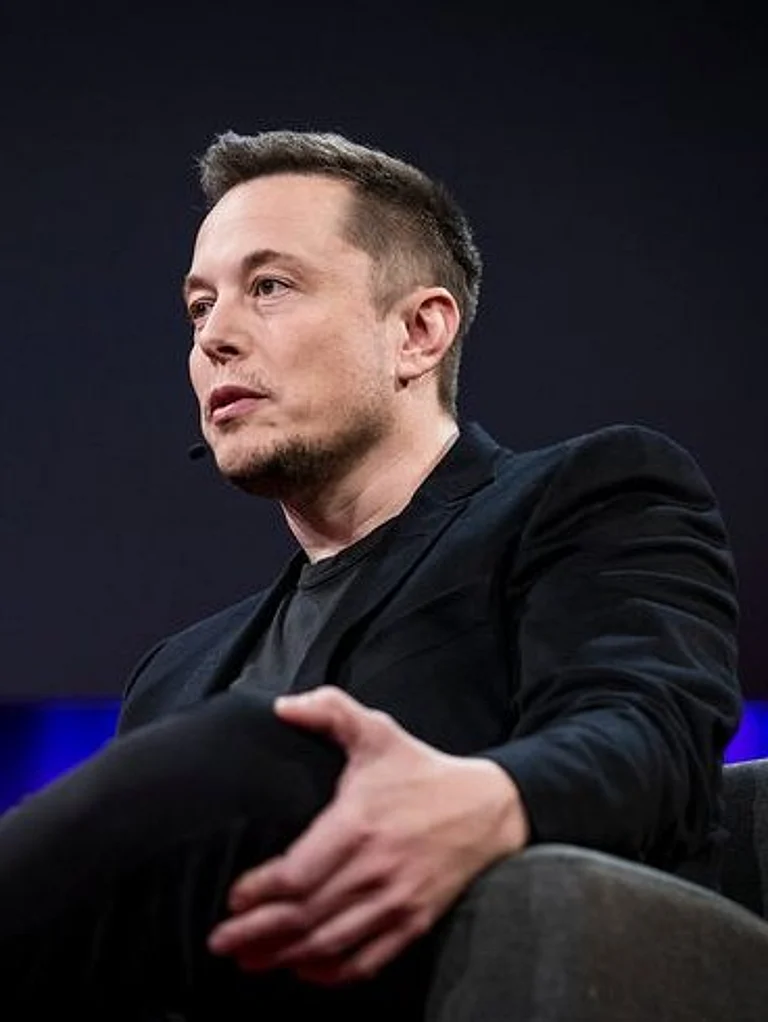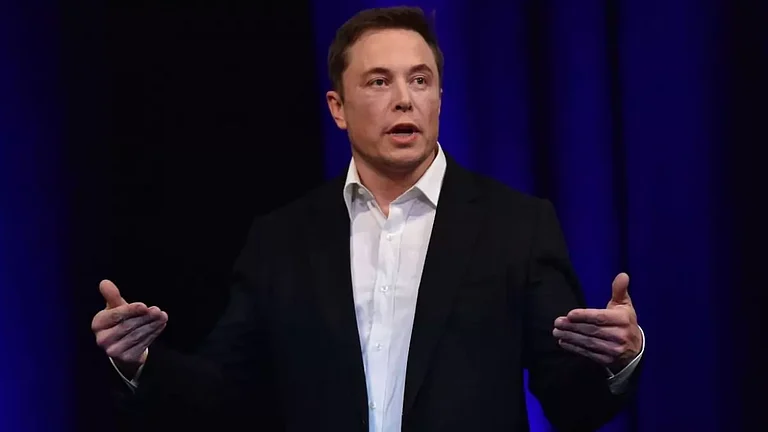It was earlier reported that Tesla's net income slumped by 44 per cent in the third quarter of this year as compared to the same time last year.
Tesla CEO Elon Musk stated that he would wait for economic stability before stepping up the company's planned production in Mexico because he was concerned that increasing borrowing costs would make it difficult for potential buyers to finance its automobiles despite significant price reductions, according to a report by Reuters.
Musk said on a post-earnings call that "people hesitate to buy a new car if there's uncertainty in the economy." He also talked about "paycheck-to-paycheck" pressures on American workers. "I don't want to be going into top speed into uncertainty," he added.
Musk made his views, following alarms from other automakers and EV startups. On Thursday, it caused shares of Tesla and other EV manufacturers to drop by 8 per cent.
The manufacture of the electric pickup trucks Chevrolet Silverado and GMC Sierra at a plant in Michigan would be delayed by a year, according to GM, which cited a stagnant EV market.
Ford, a rival company in Detroit, announced last week that it will temporarily slash one of the three shifts at the factory where its electric F-150 Lightning pickup truck is made. The company scaled down its EV ramp-up in July and shifted investment to hybrids and commercial cars.
Thursday saw losses of more than 3 per cent for both EV firms Lucid and Rivian.
Concerns about demand for its Air luxury vehicle were raised by Lucid's report on Tuesday showing an almost 30 per cent decline in third-quarter production and only a minor increase in deliveries despite significant reductions.
Rivian, a manufacturer of electric sport utility vehicles and pickup trucks, also let investors down this month by delaying an increase in its full-year production target despite better-than-anticipated third-quarter results.
The results of the upcoming quarters will determine how much money automakers invest in EVs.
Concerns about a decrease in demand have been growing as businesses struggle with supply chain issues that have ruined production schedules.
































